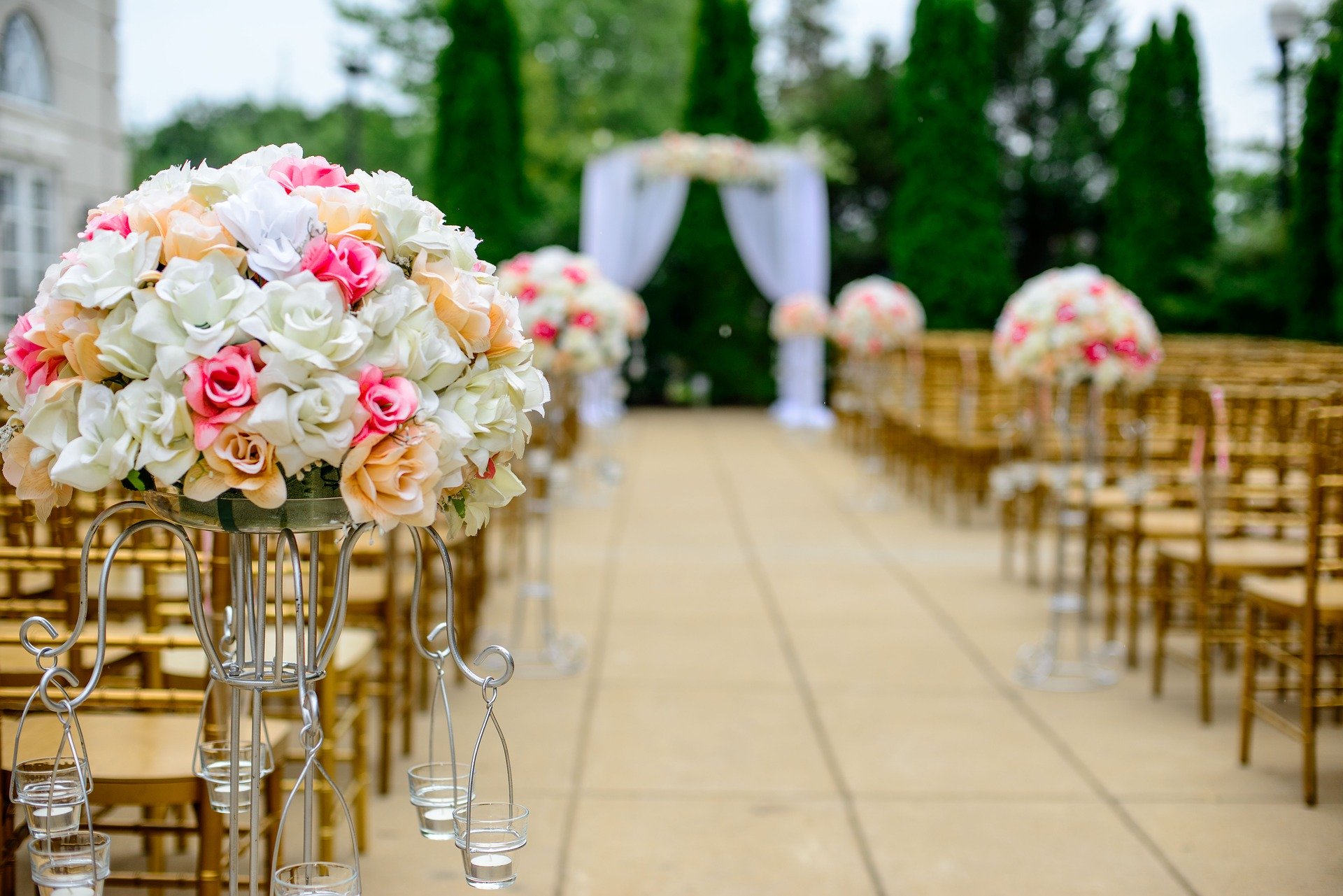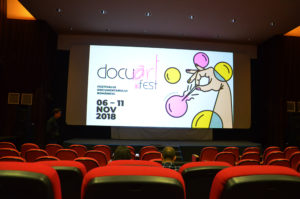ASTRA Film Festival never disappoints. In 2019 AFF had its 26th edition and it amazed the audience with a variety of thematic programs, one of them being “Marriage, Sex and Beyond”. In this article, I will discuss two documentaries, “The Night of all Nights” and “Heartbound” and I will share my thought-process triggered by these two insightful pictures.
What has Hollywood been telling us about “happily ever after”?
Hollywood is filled with movies that create a magic, happy image of relationships. The main message being: If there is true love, no matter what, things will sort out. There are countless romantic movies with endless stories of how social differences, incompatibility of personalities, distance, money or psychological problems are just temporary obstacles to be overcome by true love and without noticing that euphoria around romantic love grew exponentially. Obviously, there are businesses built around it and if our love life doesn’t correspond to this happy notion, we start to doubt something should be wrong with us.
But what does the actual Hollywood tell us about marriage and divorce? The average divorce rate in Hollywood is 52% which makes the huge discrepancy between real life and the love that they portray, more than obvious.
Relationships, marriage and the anatomy of it all remain one of the fiercely discussed subjects: is marriage something modern people still aspire to? What does happiness really mean in a relationship?
As a person that is passionate about psychology and is desperately trying to find ways that lead to deeper friendships and relationships, in general, I dived into the ASTRA Film Festival category “Marriage, Sex and Beyond” and discovered two incredibly thought-provoking pictures:
Heartbound by Janus Metz & Sine Plambech, Denmark • 2018 • 90′
Is a movie studying Thai-Danish marriages filmed over ten years. It explores people’s lives over time that are in search of happiness, stability and sometimes, simply trying to survive.
The film follows four couples and transmits how their lives play out. Cultural differences, the most humane simplicity and universality are the characteristics that are unique to this film.
Can arranged marriages turn into something deeply emotional and full of love? What does companionship mean and what happens when the citizens of two very different countries find themselves sharing their space, lives and future?
The Night of All Nights by Yasemin Şamdereli, Germany • 2018 • 93′
This documentary portrays four couples from USA, Japan, India and Germany who have celebrated their 60th wedding anniversaries. It offers the audience a real, rare sneak peek into the intimate lives of people who managed to stay together for six decades. But what is their secret? Are they truly happy? How did their love story start? All these questions pop up interchangeably in this humorous, entertaining and yet multi-layered film and the couples reveal intimate details of their love-life to us.

Does longevity of a relationship automatically mean happiness?
Leaving Hollywood aside, divorce rates are quite high in Europe and USA overall, as well. The reasons can be of all sorts but what about those who manage to stay in life-long partnerships?
What watching the films made me realize is that everybody sees success of a relationship in different ways. Depending on your perspective, you could be perceiving your relationship as great, even though you have occasional arguments and nag each other often. You might simply not take things too seriously and laugh disagreements off or just never consider leaving your partner due to fear of loneliness.
What seems to keep couples together?
However, I observed that both films point out certain patterns that seem to affect longevity of a relationship. First of all, it seems to be that playful, childish and lighthearted sparkle that some couples manage to keep despite all their differences and disagreements. Sometimes, this pure joy that a relationship radiates is so powerful that it is impossible not to smile observing it. Another trait I noticed that often accompanied strong bonds, is empathy and compassion. In the films we see failed and successful attempts to stay connected but the process itself of trying to understand and empathize with each other seems to be the way to go.
When we look for love, what do we actually look for?
In my country, Georgia, when people get married, the usual phrase is: “Congrats on becoming happy”. As Georgian language suggests, we see marriage as certain happiness. And why not? Meeting somebody that seem to love and understand us better than anyone and who would like to stay loyal to us for the rest of our lives doesn’t seem bad at all but is that the only side of the coin? Could it be that the notion of love has been including more concepts than we noticed? Finding true love is often seen as the ultimate goal and is frequently referred to as finding the other half, settling down, being happily ever after and so on. Often, people step into marriages with extremely high expectations and no wonder they are easily shattered, too.
A modern choice
I realize I am not the only person who’s doubting all the sparkling attention the concept of a traditional marriage gets, these days. On the contrary, people have been increasingly critical of eternal monogamy, unconditional love, little personal space and lifelong promises that they argue the idea of marriage is based on. One could say that it has even become trendy to dismiss the idea of marriage completely but funnily enough, a number of studies show that happily married couples might live longer. So, which is it? Does long-term relationships make people miserable or happy?
Here’s what I think. We often assume relationships are something so natural that we don’t have to prepare for it nor we have to learn how to be good at it. The reality is, it takes a lot of practice, knowledge and patience to master being someone’s true companion and we are not even taught to know ourselves well or to be self-aware. No matter what type of relationship you have (monogamous, polyamorous, long-term, short-term, casual, etc.) I believe the most important thing is to want to improve and be able to recognize one’s own needs, desires, mistakes and limits. The only downside is that takes time and effort and no, there are no shortcuts.
Happily ever after? Depends who you ask.
So, a trade-off appears: Do I want to invest my time and energy into finding someone who will share my core values and will want to personally develop together with me? Does this process come with more difficulties or more benefits? I will leave that question to each of you to answer on your own.




